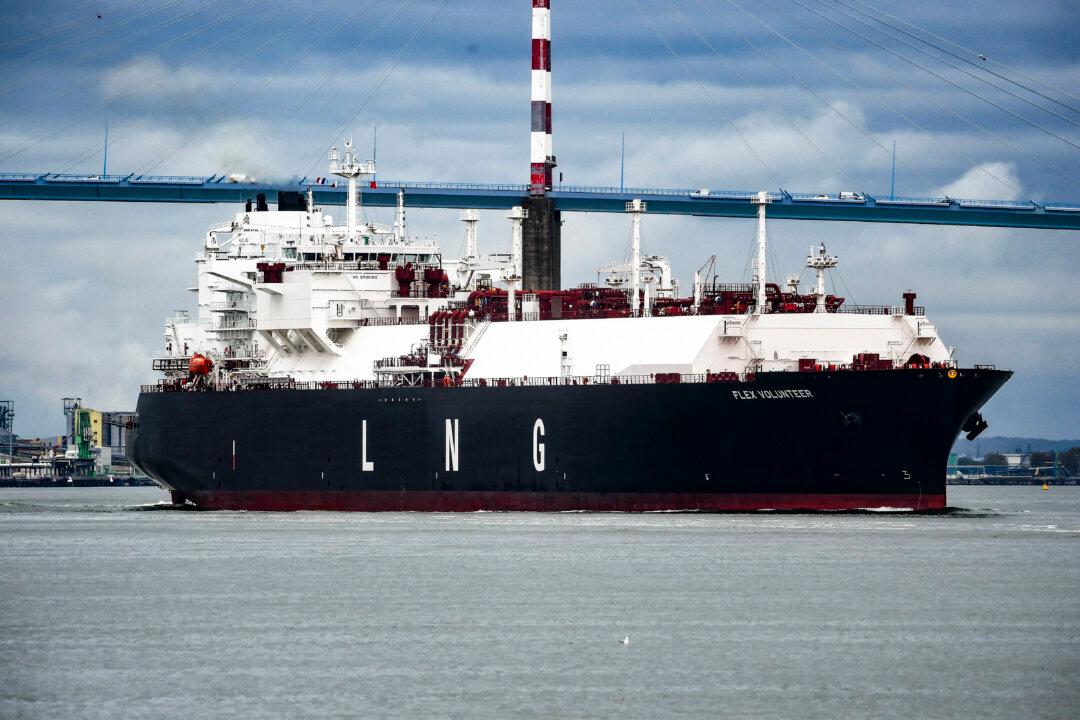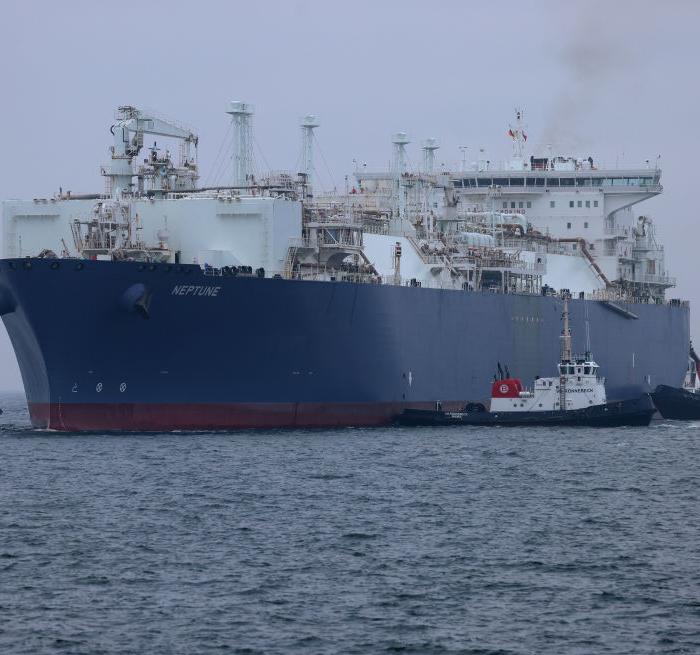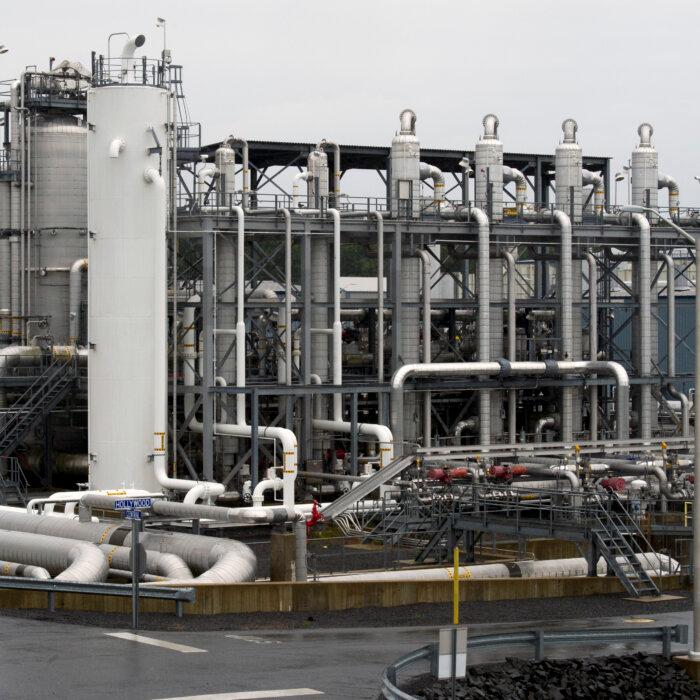Europe’s liquified natural gas (LNG) imports are set to surge this month to the second-highest on record.
February and January ranked as the third- and fourth-highest ever for total monthly imports.
But if February LNG imports are calculated on a per-day basis, the month is set to become the second-highest since April 2023.
Piped Gas
Europe is increasingly turning to LNG after supplies from Russia via pipeline crossing Ukraine ended at the start of January.LNG, which is transported by sea in specialized tankers, has become increasingly important for Europe’s energy supply.
Major ports in France, Belgium, and Spain receive liquified natural gas shipments, which are then converted back to gas and distributed across the continent.
He said that the situation will “stimulate new supplier countries because, in the past, gas pipelines were considered to be the only means of transport.”
European Gas Market Volatility
In an analysis published on Feb. 23, the International Energy Agency (IEA) said that “European gas market volatility” is putting continued pressure on competitiveness and cost of living.It said that European consumers and governments are now entering their fourth year of high and volatile gas prices.
It added that gas prices for industrial consumers in Europe since 2022 have, on average, been 30 percent higher than in China and five times as high as in the United States.
It said that the main European gas price benchmark currently stands at about 47 euros per megawatt hour (or $14.50 per metric million British thermal unit).
“This is far below the highs seen in the aftermath of Russia’s invasion of Ukraine in 2022, but it is nonetheless around double pre-crisis levels,” it said.
The IEA said that the EU has a relatively low amount of gas in storage, which is putting “upward pressure” on prices.
It also said that renewable energy wind and solar had a relatively long period of low wind speeds and limited sunshine in the first half of November 2024.
Downfall
Earlier in the year, Polish Prime Minister Donald Tusk called for a review of the European Green Deal, warning that high energy prices could topple democratic governments.Poland currently holds the presidency of the Council of the European Union.
Veteran center-right leader Tusk told European Parliament members that high energy prices “might bring the downfall of many democratic governments.”
EU leaders have prioritized a renewables-first energy approach along with the EU’s aims to be “climate neutral” by 2050, a key part of European Commission President Ursula von der Leyen’s European Green Deal.
“It’s unacceptable that our European energy is the most expensive,“ Tusk said. ”If it cannot be the cheapest one, at least it should be more or less on the same level as in other countries.”







